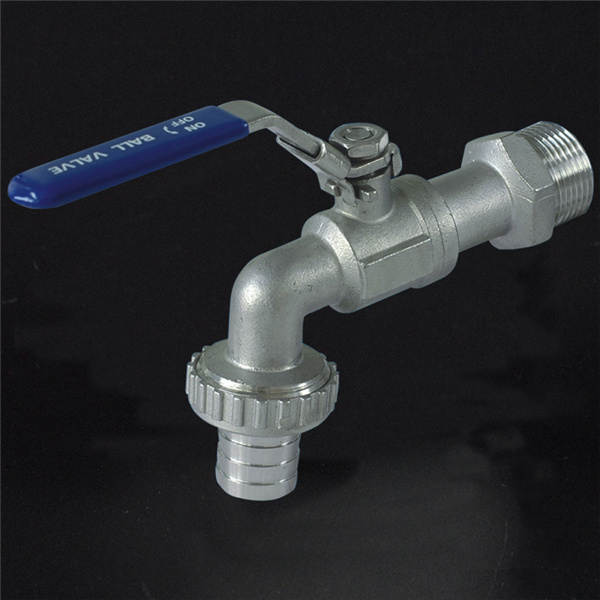Definition: a device used to control the direction, pressure and flow of fluid in a fluid system. The valve is a device that makes the medium (liquid, gas, powder) in the piping and equipment flow or stop and can control its flow.
The valve is the control component in the pipeline fluid transmission system. It is used to change the channel section and the medium flow direction. It has the functions of diversion, cut-off, throttling, check, diversion or overflow pressure relief. Valves used for fluid control range from the simplest stop valve to various valves used in extremely complex automatic control systems. The nominal diameter of valves ranges from extremely small instrument valves to industrial pipeline valves with a diameter of 10m. The valve can be used to control the flow of various types of fluids such as water, steam, oil, gas, mud, various corrosive media, liquid metal and radioactive fluid. The working pressure of the valve can range from 0.0013mpa to 1000MPa, and the working temperature can range from -269 ℃ to 1430 ℃. The valve can be controlled by various transmission modes, such as manual, electric, hydraulic, pneumatic, turbine, electromagnetic, electromagnetic hydraulic, electro-hydraulic, pneumatic hydraulic, spur gear, bevel gear drive, etc; It can act according to the predetermined requirements under the action of pressure, temperature or other forms of sensing signals, or simply open or close without relying on the sensing signals. The valve relies on the driving or automatic mechanism to make the hoist move up and down, slide, swing or rotate, so as to change the size of its flow channel area to achieve its control function.


